Why does the DPDI matter?
Businesses across the UK could be beneficiaries of the DPDI’s changes to data protection law

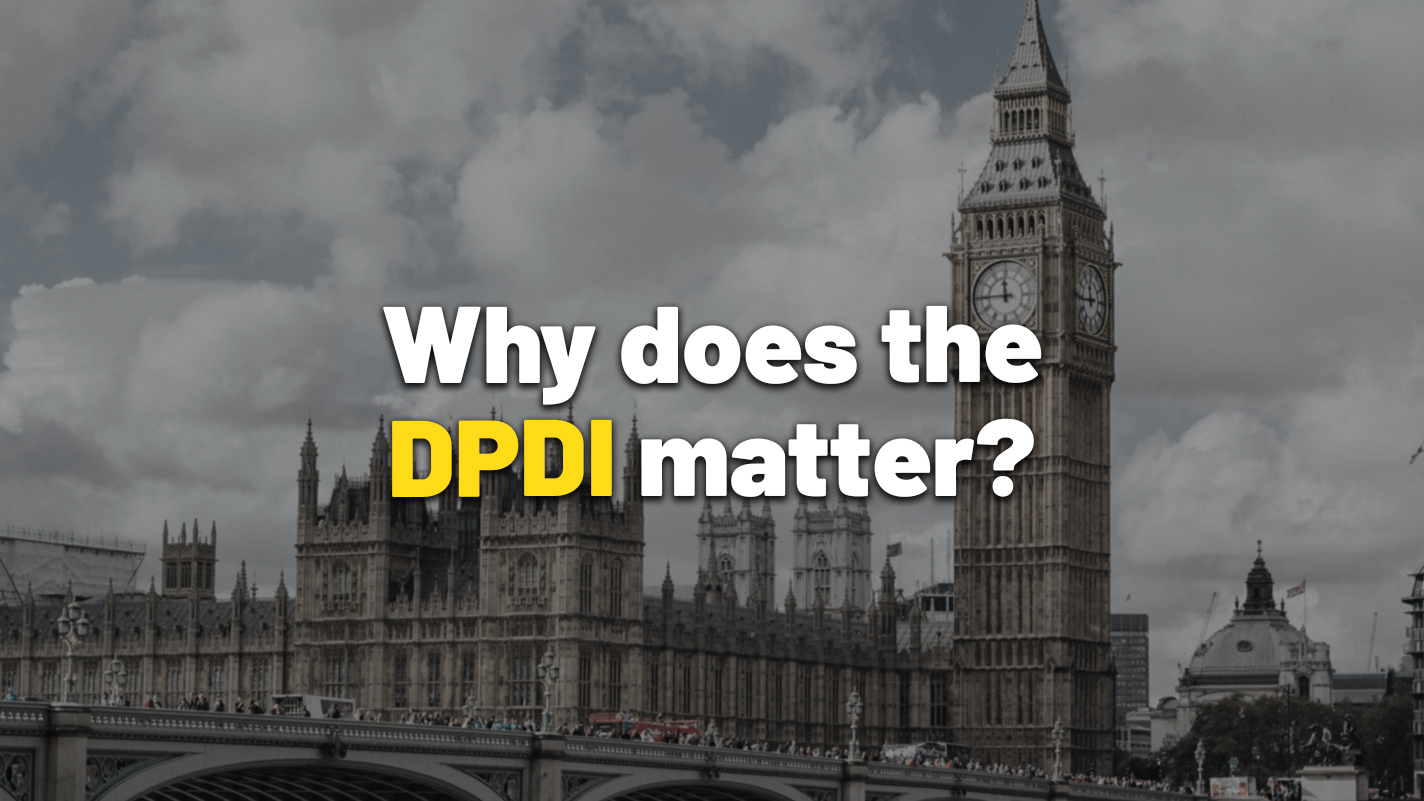
The UK’s data privacy landscape has long come with strict responsibilities for businesses, requiring detailed justifications for all customer data stored and processed. After the UK formally exited the European Union in 2020, the UK retained regulations for controllers and processors via the UK GDPR which sits alongside the Data Protection Act 2018.
Businesses have often criticized the red tape present within GDPR, arguing that it holds them back from carrying out the core functions of their business model. In response, the UK government has repeatedly backed the creation of a bill that would reform to UK data protection law and while this has been subject to some false starts, it is now underway as the Data Protection and Digital Information (DPDI) Bill.
In this episode, Jane and Rory speak to Chris Combemale, CEO at the Data and Marketing Association and chair of the Government’s Business Advisory Group on reforms, to learn how the DPDI could improve UK innovation and where it differs from other laws.
Highlights
“Quite a bit of [the DPDI] is clarification and pragmatic, common sense reforms that should enable growth and innovation while at the same time maintaining the high levels and core principles of data privacy and protection that we are used to, and that actually sit at the heart of building trust in the data-driven and digital economy.”
“It's really important that companies do know what data they're collecting and why. But if you're a small business with 5, 10,15-20 employees, you're usually doing small-scale data processing, which has very little potential to create harm. And that's where the government has drawn a clear line that's pragmatic and sensible for those SMEs.”
“[T]he government has been very careful to ensure not to create a two-tier economy, where the big research universities, the big scientific research companies, the big medical companies, have an unfair advantage. So they've made it clear that the changes, or the evolution of the regime for scientific research, covers research in a commercial setting.”
Footnotes
- What does the Data Protection and Digital Information (DPID) Bill mean for small businesses?
- DMA calls on UK parliament to push through data reform bill
- What is GDPR? Everything you need to know, from requirements to fines
- What is a data protection officer?
- Do you need to employ a data protection officer?
Subscribe
- Subscribe to The IT Pro Podcast on Apple Podcasts
- Subscribe to The IT Pro Podcast on Spotify
- Subscribe to the IT Pro newsletter
- Join us on LinkedIn
Sign up today and you will receive a free copy of our Future Focus 2025 report - the leading guidance on AI, cybersecurity and other IT challenges as per 700+ senior executives

Rory Bathgate is Features and Multimedia Editor at ITPro, overseeing all in-depth content and case studies. He can also be found co-hosting the ITPro Podcast with Jane McCallion, swapping a keyboard for a microphone to discuss the latest learnings with thought leaders from across the tech sector.
In his free time, Rory enjoys photography, video editing, and good science fiction. After graduating from the University of Kent with a BA in English and American Literature, Rory undertook an MA in Eighteenth-Century Studies at King’s College London. He joined ITPro in 2022 as a graduate, following four years in student journalism. You can contact Rory at rory.bathgate@futurenet.com or on LinkedIn.
-
 Are hyperscalers backing out of Net Zero?
Are hyperscalers backing out of Net Zero?ITPro Podcast Expanding data center construction and demand for high-energy workloads are pushing hyperscalers off course on carbon
-
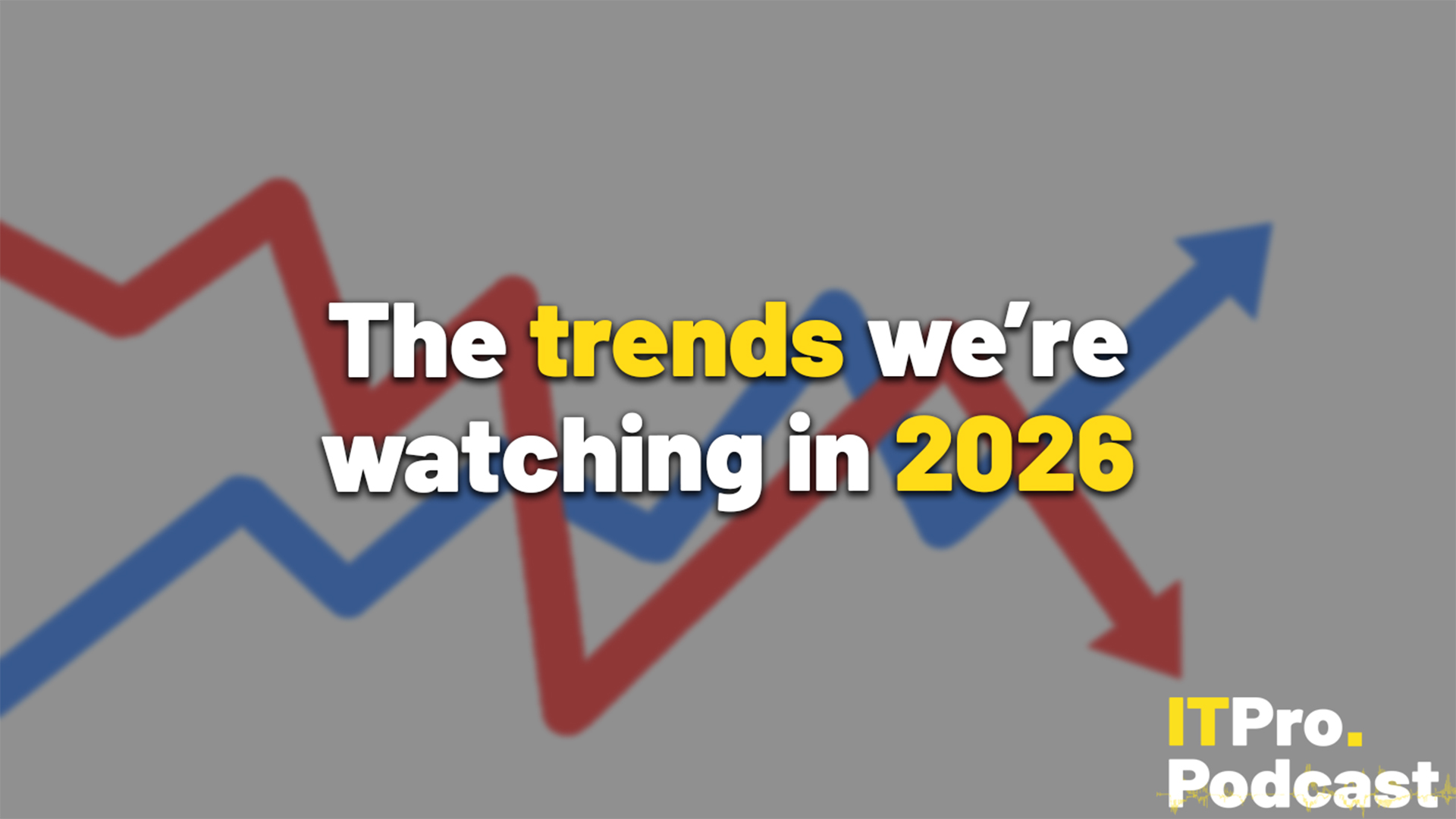 The trends we're watching in 2026
The trends we're watching in 2026ITPro Podcast AI agents, worsening cyber attacks, and supercomputer expansion could define the coming year
-
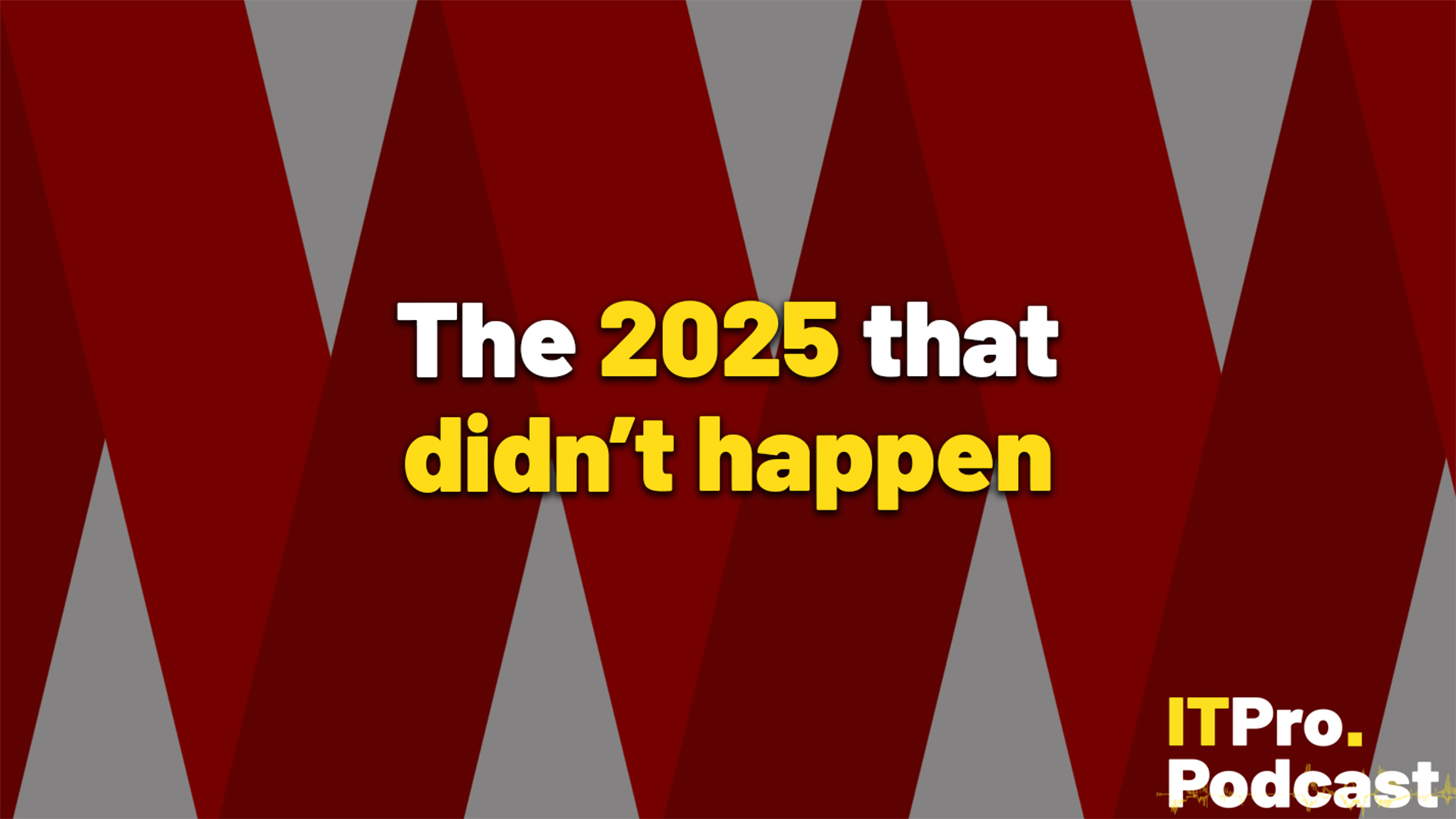 The 2025 that didn't happen
The 2025 that didn't happenITPro Podcast Across AI, wearables, and quantum security, a number of promises fell through
-
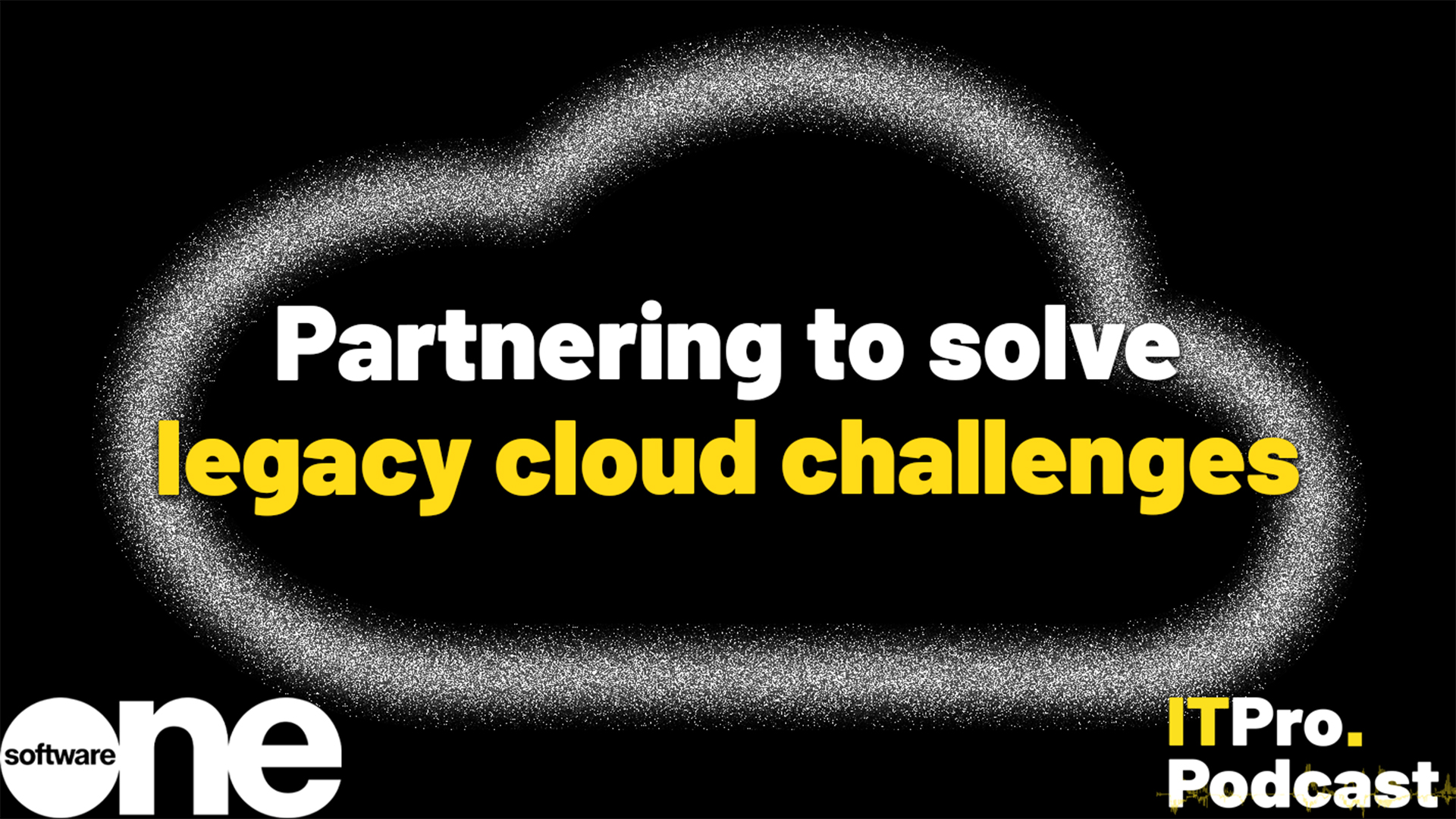 Partnering to solve legacy cloud challenges
Partnering to solve legacy cloud challengesSponsored Podcast Camp Australia successfully embraced the cloud through targeted digital transformation
-
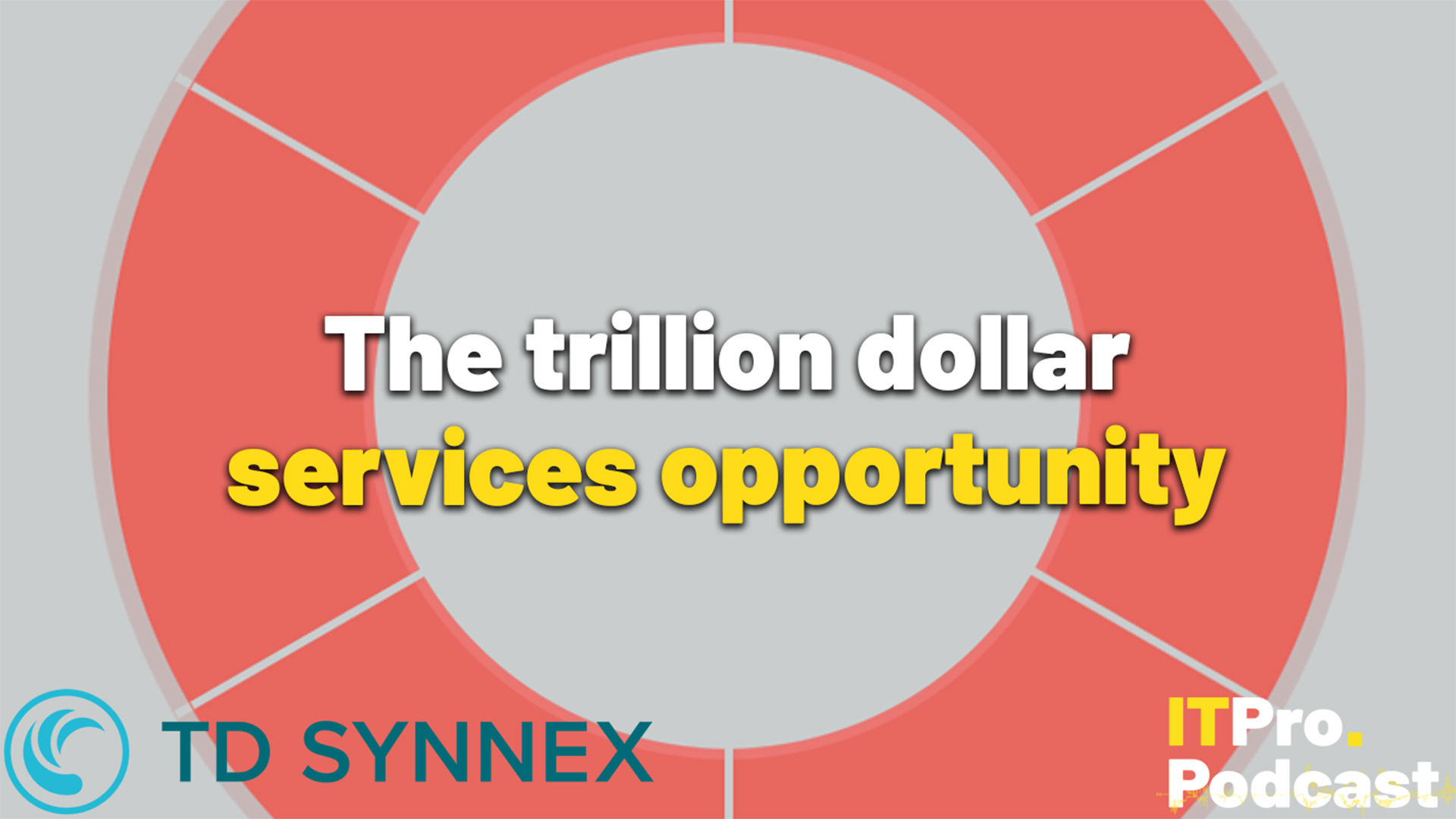 The trillion dollar services opportunity
The trillion dollar services opportunitySponsored Podcast Services and enablement are key to transforming products into business outcomes
-
 Turning business data into business value
Turning business data into business valueSponsored Podcast Businesses looking to harness unstructured data and deploy widespread agents need a steadfast strategy
-
 Bridging the data disconnect
Bridging the data disconnectSponsored Podcast How can businesses make the most of their data for customer success?
-
 Data integration for open table formats
Data integration for open table formatsSponsored Podcast Open table formats can unlock huge benefits for IT leaders looking to get value out of their data

